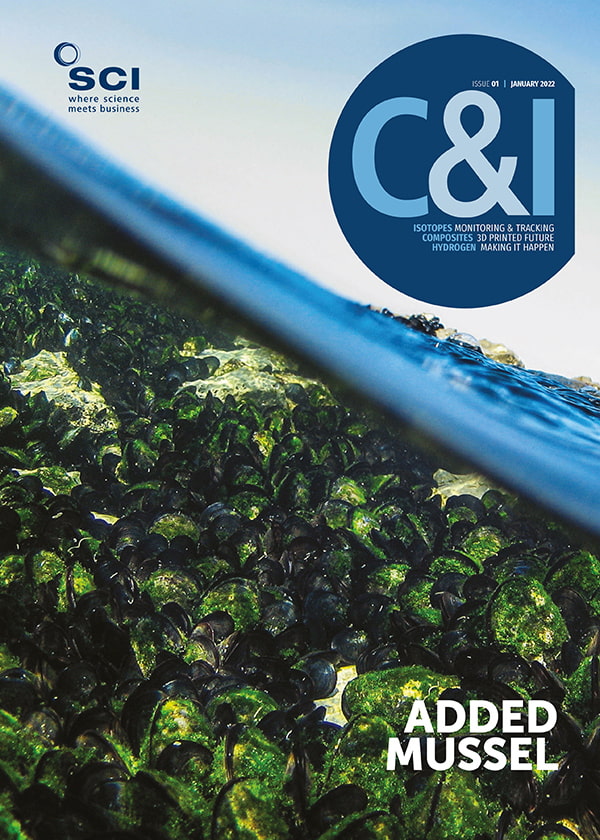An Open Letter to the UK’s Health and Safety Executive (HSE) from supporters of the World BioProtection Forum (WBF). For the attention of Sarah Albon, Chief Executive, and other regulatory personnel at the UK’s HSE.
On behalf of the network and supporters of the World BioProtection Forum (WBF), we call today upon regulators at the UK’s Health and Safety Executive (HSE) to urgently review and reform the process for new bioprotection products in the UK (micro-organisms, semiochemicals and botanicals).
The aspiration to grow high quality and affordable food that works with, not against, the environment is the clear direction of government policy and has been reflected in the widespread removal of conventional synthetic pesticides to better protect the natural environment. Indeed, this fits with the UK Government’s Green Industrial Revolution plan.
However, UK farmers must be protected from the impacts of pests and diseases to ensure the economic viability of their produce and safeguard sustainable food security. There is a need for new interventions to fill the hole left by removal of conventional pesticides, as evidenced by the National Farmers’ Union’s Healthy Harvest report, which highlights a lack of ‘tools in the toolkit’. Regulatory policy must adapt to embrace innovation in food production techniques and a new approach to crop protection.
Biopesticides are broadly cited as the fastest-growing sector of crop protection products due to their environmental credentials and offer substantial opportunities to help control pests and diseases in agriculture. As part of a sustainable UK food production system, we believe it is imperative that biopesticides are provided with a regulatory route to market that is fit for purpose and that does not exclude all but the largest multi-national companies, enabling innovative new solutions to be developed by SMEs here in the UK, and elsewhere, that can benefit farmers and growers globally.
Biopesticides have demonstrated much success in high value, speciality crops, but they also have considerable potential in broadacre crops too. Unfortunately, their adoption is being held back by the regulatory environment.
The current process is complex and expensive, reflecting an historical error in evaluating biological products alongside conventional synthetic pesticides (under the EU regulatory system). This has led to a transfer of inappropriate evaluation requirements that were originally intended for synthetic products.
Now that we can formulate our own regulations here in the UK post Brexit, we are appealing to HSE to consider reforms to enable these environmentally favourable products to be brought to market more quickly, still assessed within an appropriate robust risk based regulatory system based on good science.
The WBF is guided by a board of advisors, and the organisation is willing and able to work with Government and its agencies to develop an appropriate level of regulation that fulfils its obligations and responsibilities but does not obstruct innovation and commercialisation.
Thank you for your kind consideration. Please get in touch with us through our Chairman, Dr Minshad Ansari (minshad.ansari@worldbioprotectionforum.com), and we would be delighted to provide informed industry insights and perspectives, and a careful helping hand, to assist the HSE and its skilled personnel in taking the appropriate steps towards regulatory reform for biopesticides.
Signed by
Dr Minshad Ansari, CEO, Bionema Ltd; and Chairman, World Bioprotection Forum, UK
Matthew Appleby, Editor, Horticulture Week, UK
Dr Michael Brownbridge, Biological Program Manager – Disease Control Management, BioWorks Inc, USA
Professor Toby Bruce, Professor of Insect Chemical Ecology, Keele University, UK
Hugo Carrasco, Head of Marketing – Europe, Oro Agri, The Netherlands
Dr David Cherry, Global Managing Director, Croda Europe Ltd, UK
Professor Ralf-Udo Ehlers, Founder and Director, e-nema, Germany
Kellye Eversole, President, Eversole Associates; and Executive Director, International Alliance for Phytobiomes Research, USA
Stephen Ford, Technical Director, Ecolibrium Biologicals Ltd, New Zealand
Dr Nayem Hassan, Managing Director at Russell Bio Solutions Ltd, UK
Dr Owen Jones, Lisk & Jones Consultants Ltd, UK
Robert Lidstone, Chief Executive Officer, Ecospray Ltd, UK
Thorben Looije, Director, Valto, The Netherlands
Professor Naresh Magan DSc FRSB, Applied Mycology Group, Cranfield University, UK
Dr Pam Marrone, CEO and Founder, Chestnut Bio Advisors, USA
Keith A. Matthews, Attorney at Law, Wiley Rein LLP, USA
Tasos Michailidis, Agronomist, FARMA-CHEM, Greece
Keith Pitts, Chief Sustainability Officer and SVP – Regulatory and Government Affairs, Marrone Bio Innovations, USA
Dr Willem J Ravensberg, Corporate Sr Regulatory and Governmental Affairs Manager, Koppert Biological Systems, The Netherlands
Dr Caroline Reid, MBPR: Senior Technical Lead – Northern Europe, Bioline Agrosciences Ltd, UK; and Chairwoman, IBMA UK and IBMA Macrobiologicals PG
Aurelian Relu Palade, CEO, FluxTech Consulting, Romania
Raul F. Ruiz Villegas, Biorational Scientific Manager – Biorational Division, Gowan Company, USA
Payman Shafighi, Technical Business Development Manager, International Pheromone Systems (IPS), UK
Professor Shashi Sharma, President, The World BioProtection Forum; and Adjunct Professor, Harry Butler Institute, Murdoch University, Australia
Sean Smith, CEO, Eden Research plc, UK
Professor Kenneth Wilson, Lancaster Environment Centre, Lancaster University, UK
Dmytro Yakovenko, Head of International Sales, BTU-Center, Ukraine
Dr Shakir Al-Zaidi, Managing Director at Russell IPM, UK





